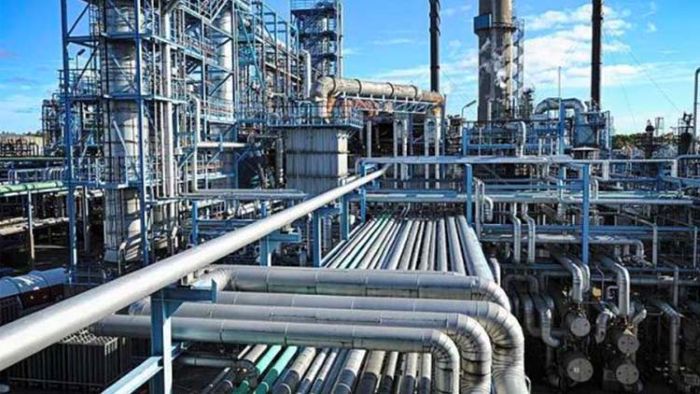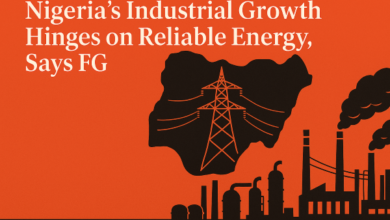PENGASSAN Pushes for NLNG-Style Reforms to Revive Nigeria’s Ailing Refineries

Nigeria’s oil and gas sector is once again under scrutiny as the Petroleum and Natural Gas Senior Staff Association of Nigeria (PENGASSAN) has called for urgent, structural reforms in the nation’s moribund refineries. Speaking at the 4th PENGASSAN and Labour Summit 2025 in Abuja, the union’s president, Festus Osifo, demanded an end to decades of inefficiency, political interference, and waste that have crippled domestic refining.
Why Refineries Must Break Free from Government Control
Osifo argued that Nigeria should replicate the Nigeria LNG (NLNG) ownership model, where government retains a minority stake while competent private operators hold controlling shares. According to him, this hybrid structure, which has enabled NLNG to thrive as one of Africa’s most successful energy ventures, could rescue refineries from chronic dysfunction.
“Refineries should not be government toys. Political interference has stalled efficiency for too long. Government must divest majority control — just as in the NLNG model where private partners own 51% while government holds 49%,” Osifo declared.
This recommendation comes at a time when Nigeria’s refining capacity remains negligible, despite billions of dollars sunk into turnaround maintenance over the decades. With fuel imports still dominating domestic supply, the pressure to reform refineries has become both an economic and political necessity.
Untapped Reserves, Unfulfilled Potential
PENGASSAN also warned that Nigeria’s 37 billion barrels of crude reserves could remain “underground wealth” if daily production stagnates at around 2 million barrels per day. Osifo urged the Federal Government to aggressively expand exploration and drilling, ensuring reserves are monetised before the global energy transition reduces long-term demand for fossil fuels.
He drew comparisons with Dubai’s transformation, where Abu Dhabi’s oil wealth was strategically reinvested into infrastructure, tourism, and education — a model of diversification Nigeria could emulate.
Transparency, Labour Rights, and ESG Pressures
Osifo praised the most recent marginal field bid round, describing it as the most transparent in Nigeria’s history, a stark departure from previous politically influenced allocations that stalled progress.
However, he cautioned against growing anti-labour practices in the industry. He accused some operators, notably 11PLC, of forcing workers to sign “no-union” agreements. He warned that PENGASSAN would resist any move to suppress workers’ rights, linking fair labour practices to the broader Environmental, Social, and Governance (ESG) agenda that investors increasingly demand.
Building Human Capital for the Future of Energy
In his remarks, Felix Ogba, Executive Secretary of the Nigerian Content Development and Monitoring Board (NCDMB), reinforced that Nigeria’s real competitive edge lies not only in reserves but in human capacity.
“Human capacity is the true oil that will sustain Nigeria’s industry for generations,” Ogba said, stressing the need for STEM education, vocational training, automation, and digital skill development. He insisted that every oil and gas project must embed skill transfer, positioning Nigeria to adapt to energy transition pressures and the rise of renewables.
Strategic Outlook: Beyond Oil Dependence
Nigeria’s refinery woes epitomise the paradox of an oil-rich nation that remains dependent on imports for refined products. PENGASSAN’s call for reforms highlights three strategic imperatives:
- Privatisation-led efficiency: Moving refineries into private-led management, reducing political interference.
- Revenue reinvestment: Using oil proceeds to fund diversification in infrastructure, education, and healthcare.
- Workforce empowerment: Building a skilled, future-ready workforce to thrive in both traditional and renewable energy sectors.
If adopted, these measures could not only end Nigeria’s perennial fuel crises but also transform the oil and gas industry into a true catalyst for sustainable economic growth.










